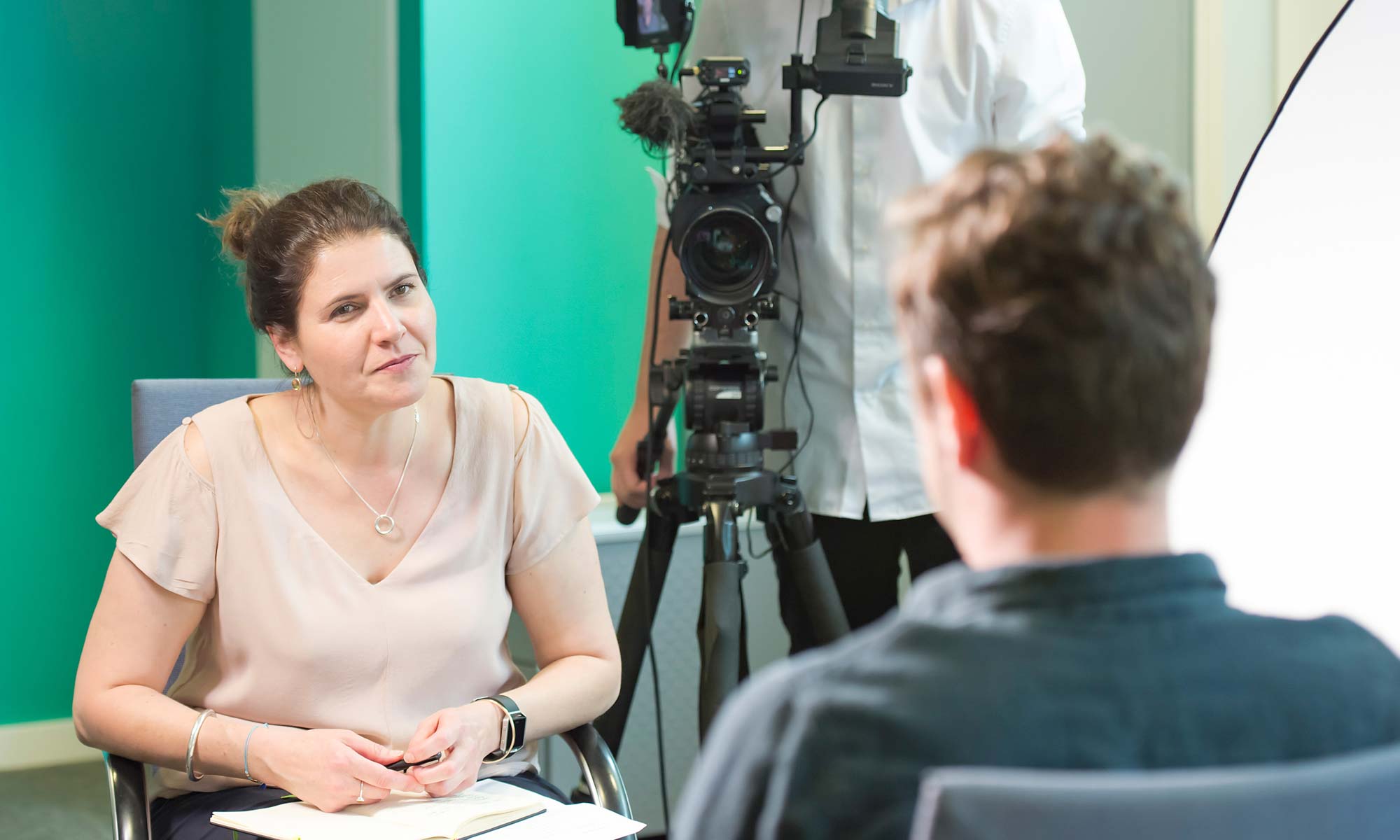Whether you’re a company spokesperson, or the PR representative briefing them for a future interview, this is worth reading as media training has an expiry date!
What do you remember about your media training?
If you’ve received media training , you’ll have memories of a day’s worth of tough questioning and a camera forced in your face multiple times. It’s challenging but that’s part of the process of ensuring that you’re prepared for anything the media throws at you.
In most cases, there’s no scoring. No pass or fail. You simply attend the training and then you’re “ready” to speak to journalists on your company’s behalf.
Unless you’ve been interviewed by the media fairly frequently in a number of different scenarios since then, have you been able to put what you learned into practice? How much can you remember?
The PR Pro perspective
As a PR, you put a lot of trust in your spokespeople to handle interviews well. There’s only so much you can give them in terms of messages, practice Q&As, guidelines, what NOT to say and the journalist’s biog. If your spokesperson attended the training on your watch, that’s good, but what if they were trained with another employer? They say they’re media trained. Why shouldn’t you believe them? And how confident can you be of the quality of their training?
No matter how impressive you were in media training, if it took place longer than two years ago, it’s expired and you will most likely need to be retrained.
A media trainer (and ex-journalist) perspective
When I worked as a senior producer on BBC Watchdog, Anne Robinson, the host at the time, would rehearse each interview at least once before every programme. I know because I was often the one sitting in the chair opposite her, playing the company spokesperson.
As an experienced and incredibly sharp journalist, who interviewed countless people every week, Anne did not need the practice, and yet she rehearsed. If the journalists are getting this much practice, what chance does a spokesperson who hasn’t been interviewed for a while have?
Do I need more media training?
Here’s why training two years ago is out of date:
• The news remains online forever
Online media isn’t a new thing but consumers have shown it’s their preference so nearly all media publications are now based online, rather than print. This means there’s no longer just one opportunity to comment on a story before the newspaper article becomes fish and chip paper. The story won’t go away. Decline to comment initially and you could be forced to comment on a bigger story later. Whatever you do say will live forever online so you need to make sure that:
1. You respond promptly
2. You provide a well-thought through comment
Adequate media training means “no comment” won’t be your legacy.
• If the story evolves, the article will just be updated.
You can’t provide your comment and relax. If a story evolves, you need to be on top of it and ready to comment again, if needed. Again, up to date media training will prepare you for this.
• Comment outside interviews is still comment
You’re not just representing the company in meetings and in press interviews. Your profile on social media is also under scrutiny. Any questions asked online could end up in the media within a few hours. A media training refresh will tell you how to protect yourself.
• Anyone is a journalist
Anyone on a social media platform or website has a channel to communicate their views. Just because someone doesn’t work for a title you’re familiar with, it doesn’t mean they don’t have influence. Media training will help you look out for bloggers and influencers and how to manage them.
• The brand is everything
Companies invest millions in their brand so that the right message and language is used across every customer touchpoint to keep them engaged and spending money. This messaging is especially important during a press interview. Even if you’ve been media trained recently, if the training took place with a previous employer it won’t fit and you should insist on being trained again if you are to be a media spokesperson. Good media training will train you how to answer using your company’s tone and language . You want to make sure you know how to do that.
What can you do?
Media training sessions can be organised with no more than a few days’ notice and good trainers will take a thorough brief beforehand so that their training material suits your industry and the media pressures you’re likely to face.
Don’t put your head in the sand. It’s an easy problem to fix and could mean the difference between interview success and reputational disaster.






